President Trump has modified his tariff plans for imported automotive parts to ease the burden on US-based car manufacturers using imported parts, but other tariffs on car imports remain.
The modified plan will see carmakers able to claim an ‘offset’ for what they pay in tariffs on car parts, worth up to 3.75% of the suggested retail price of each car that is assembled in the US.
The share will fall to 2.5% in the second year in a further bid to boost higher reliance on US made automotive parts, rather than ones made in the UK or elsewhere.
Philipp Sayler von Amende, chief commercial officer at Carwow, said: “President Trump’s plan to scale back tariffs on foreign-made parts—just days before the 25% rate was due to kick in—is a welcome, last-minute reprieve for car manufacturers in the US. But it’s far from a full reset.
“The bigger issue remains: a 25% tariff still applies to cars built overseas, which continues to create pressure for UK manufacturers trying to keep British-built vehicles price-competitive for US consumers.
“The White House has framed this move as a reward for brands investing in US manufacturing—a message likely to resonate with European firms like Volvo, Audi, Mercedes-Benz and Hyundai, many of whom had already started shifting production to America to get ahead of the tariffs.”
UK impact not fully clear at this stage
Sayler von Amende said whether the UK car manufacturing industry secures a separate deal for a lower car tariff remains to be seen.
At the same time, Washington is seeking lower tariffs on US-built vehicles coming to the UK —suggesting there’s still a lot to play for in the ongoing negotiations.
He said: “As for UK dealers and buyers, the knock-on effects aren’t yet fully clear.
“But the last three weeks have highlighted just how globally interconnected the car industry is, and when financial market realities bite and intense supply chain pressure and fierce corporate lobbying converge, they can outweigh the headlines of political theatre.”
Sayler von Amende that it’s clear Trump has a track record of changing course, so there could be further adjustments.
He added: “A rollback to around 5% across the board would still allow the administration to claim a win—doubling the original 2.5% tariff—while allowing foreign-built cars to start flowing back into the US market by the end of May.
"But constant shifts in direction come at a cost, creating uncertainty for businesses up and down the car manufacturing supply chain.
“Policymakers around the world must recognise how critical long-term stability is to the automotive sector. From investment decisions to stock availability and consumer confidence, this is a global industry that needs clarity—not surprises—to thrive."

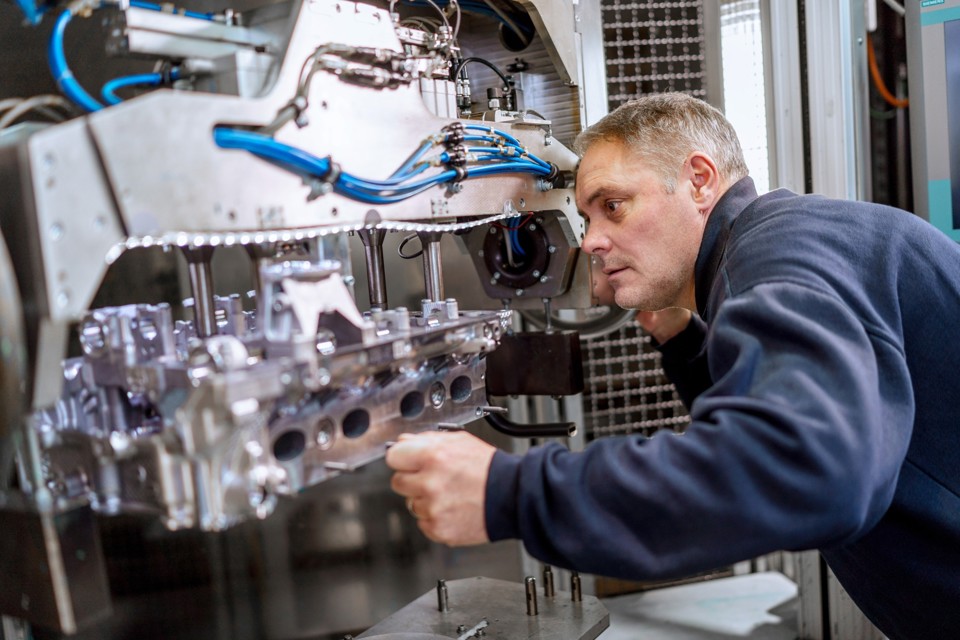



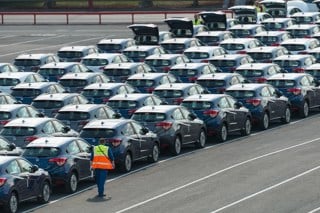

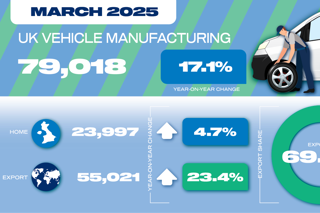

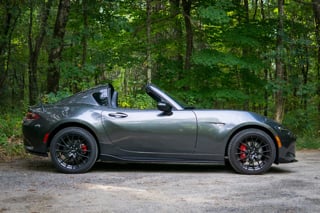







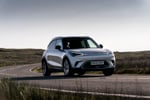




Login to comment
Comments
No comments have been made yet.